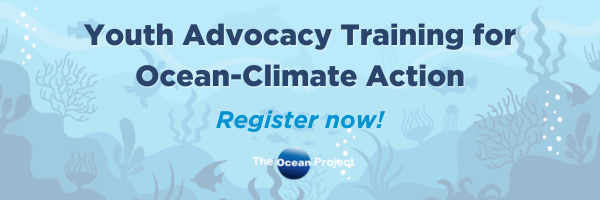 Why do people continually say that issues such as climate change are important but people don’t feel a sense of urgency? Perhaps psychologists can help get people to act.
Why do people continually say that issues such as climate change are important but people don’t feel a sense of urgency? Perhaps psychologists can help get people to act.
A recent press release from the American Psychological Association opens by saying:
While most Americans think climate change is an important issue, they don’t see it as an immediate threat, so getting people to “go green” requires policymakers, scientists and marketers to look at psychological barriers to change and what leads people to action, according to a task force of the American Psychological Association.
The chair of APA’s Task Force on the Interface Between Psychology and Global Climate Change, Janet Swim, PhD, of Pennsylvania State University, says “What is unique about current global climate change is the role of human behavior. We must look at the reasons people are not acting in order to understand how to get people to act.”
The task force last month released a report with the primary aim of engaging members of the psychology community (teachers, researchers, those in practice, and students) in the issue of climate change. The task force examined decades of psychological research and practice that have been specifically applied and tested in the arena of climate change, such as environmental and conservation psychology. The report also provides research recommendations and proposes policies for APA to assist psychologists’ engagement with this critical issue.
The task force outlined numerous psychological barriers that are to blame (such as uncertainty, mistrust, denial, lack of control, and habit). They also highlighted some ways that psychology is already working to limit these barriers (such as getting immediate feedback from various devices that show people how much energy and money they’re conserving; combining strong financial incentives, convenience, quality assurance, and strong social marketing is another way to spur action). The task force identified other areas where psychology can help limit the effects of climate change, such as developing environmental regulations, economic incentives, better energy-efficient technology and communication methods.
Some Ocean Project Partners and friends may be interested in reviewing their information:
Executive Summary (PDF)
Full Report (PDF)
Policy Recommendations (PDF)
A final version of the report, including images and formatted as a booklet, will be available in the fall of 2009 on the APA website.



